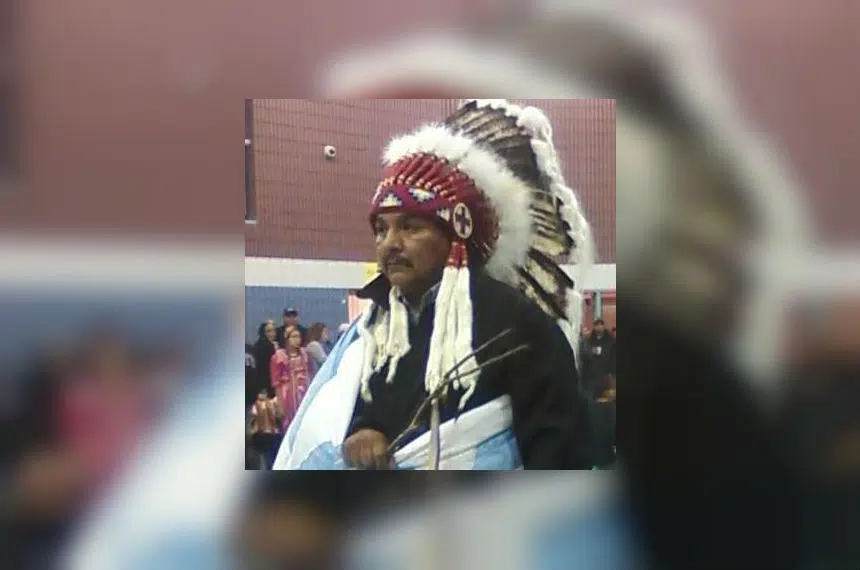A man hoping to join Federation of Sovereign Indigenous Nations (FSIN) leadership is responding to a six-year-old financial audit about the spending of emergency relief money.
Darin Poorman was elected chief of the Kawacatoose First Nation in May 2010, two months before a tornado tore through the community 140 kilometres north of Regina.
The natural disaster caused significant damage, including the destruction of 18 housing units, and led to an influx of relief funding.
Poorman, who is now vying to become FSIN first vice-chief, spoke with 980 CJME Thursday and said it was chief and council who initiated a forensic audit to see where that money went.
“We released all our financial information, for all of our administration, along with all of our leadership, to take a good snapshot of where we’re sitting at as a band,” he said.
The 2012 federal audit, conducted by KPMG, found discrepancies in financial accounting by Kawacatoose First Nation between April 1, 2009 and March 31, 2012.
“One thing that was positive is we made sure everything was accountable. And by having a forensic audit on our operations, I think speaks lots for us.”
The audit found relief workers were paid cash in the aftermath of the tornado, but payments weren’t tracked in the community’s accounting records.
Instead, they were tracked on cash payout sheets, with many not signed or dated. The majority of these were made in July 2010.
“Various control weaknesses existed that challenged the Kawacatoose First Nation’s ability to manage its financial affairs related to the tornado relief,” the report stated.
“The inability of key persons in the community ‘s administration to identify the source of funding for cash payments of $311,000 to emergency workers in July 2010 demonstrates a serious weakness in the expenditure control process and in financial accounting.”
While no significant cash payments were made to chief and council during the emergency period, they voted in large increases for their own salaries the following year.
In 2011-12, then-chief Poorman’s salary increased from $65,000 to $104, 936. Councillors’ annual pay rose from $37,700 to $75, 244.
Poorman said they were looking at curbing over-expenditures in regards to the leadership, who were given a per diem for meetings on top of a base salary.
That was noted in the report, which stated chief and council received $200 per board meeting — including when several were held on the same day.
“We found it was more advantageous for us, and more accountable, to put a salary system in place for council,” Poorman said.
The report also highlighted other remuneration spending — mostly out-of-province travel costs, higher per diems and accommodations — went from $270,000 in 2009-10, to more than $570,000 the year following the tornado.
At the time, there were 3,036 registered members of Kawacatoose First Nation, with 1,147 living in the community.
The audit found 135 individuals received a total of $178,998 in cash payments, while also receiving a total of $110,290 in social assistance between July-September 2010.
The reported noted “nothing was done” to ensure social assistance payments were reduced appropriately for those being paid cash for relief work.
Once complete in 2012, the audit recovered $90,009.40.
A number of recommendations were made regarding proper documentation of payments and the behaviour of chief and council regarding payments above and beyond salaries.
Poorman said he’s happy the audit was done because it has led to major changes in the First Nation’s financial practices.
“We let everybody see everything, I hide nothing. I let them see it all and how it was spent,” he said.
“We’ve since had a centralized accounting system done within our First Nation, we had financial regulations that were made, we’ve come a long ways from how it’s used to be.”
FSIN elections will take place in Saskatoon Oct. 25.
—With files from Daniella Ponticelli and Chris Vandenbreekel











